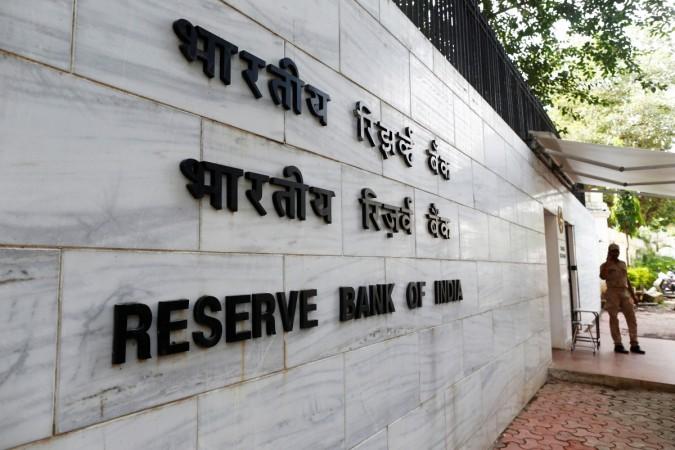
A parliamentary committee has requested the Reserve Bank of India (RBI) to ease the capital-adequacy norms for the Public Sector Banks (PSBs).
The committee has urged the central bank to relax these norms for nine out of 21 PSBs which could free up capital up to Rs 5.34 trillion to boost the lending practice of the banks.
In its latest report, the standing committee on finance has condemned the capital-adequacy requirements set by the RBI and called them too "strict". It also highlighted that the Basel framework required the application of these norms to "internationally active banks."
Since nine PSBs -- Central Bank of India, Andhra Bank, Oriental Bank of Commerce (OBC), Corporation Bank, Vijaya Bank, Bank of Maharashtra, United Bank of India, Dena Bank, and Punjab and Sind Bank -- do not have any international operations, the capital adequacy norms for these banks are completely futile.
According to the Basel norms, banks must maintain a minimum capital, in terms of capital-to-risky asset ratio (CRAR) and common equity tier (CET)-1. The objectives behind these norms are to protect the banks from lending all the money they receive as deposits and keep a cushion to mitigate any future risks. Interestingly, it is one of the key indicators of the banks' health.

Basel III is an international regulatory accord that introduced a set of reforms designed to improve the regulation, supervision and risk management within the banking sector.
The first version of these reforms was introduced after the global financial crisis of 2008 where the banks were out of any capital which hurt the economic growth of the countries across the world. The framework in India is being implemented in phases since April 2013 and as said by RBI, it will be fully implemented by March 2019.
The RBI has directed the banks in India to maintain CRAR, including capital-conservation buffer, at 11.5 percent which is 1 percent higher than global Basel norms.
The committee highlighted that "such stringent norms stipulated by the RBI for our banks who are not internationally active at all, is unrealistic and unwarranted."

















